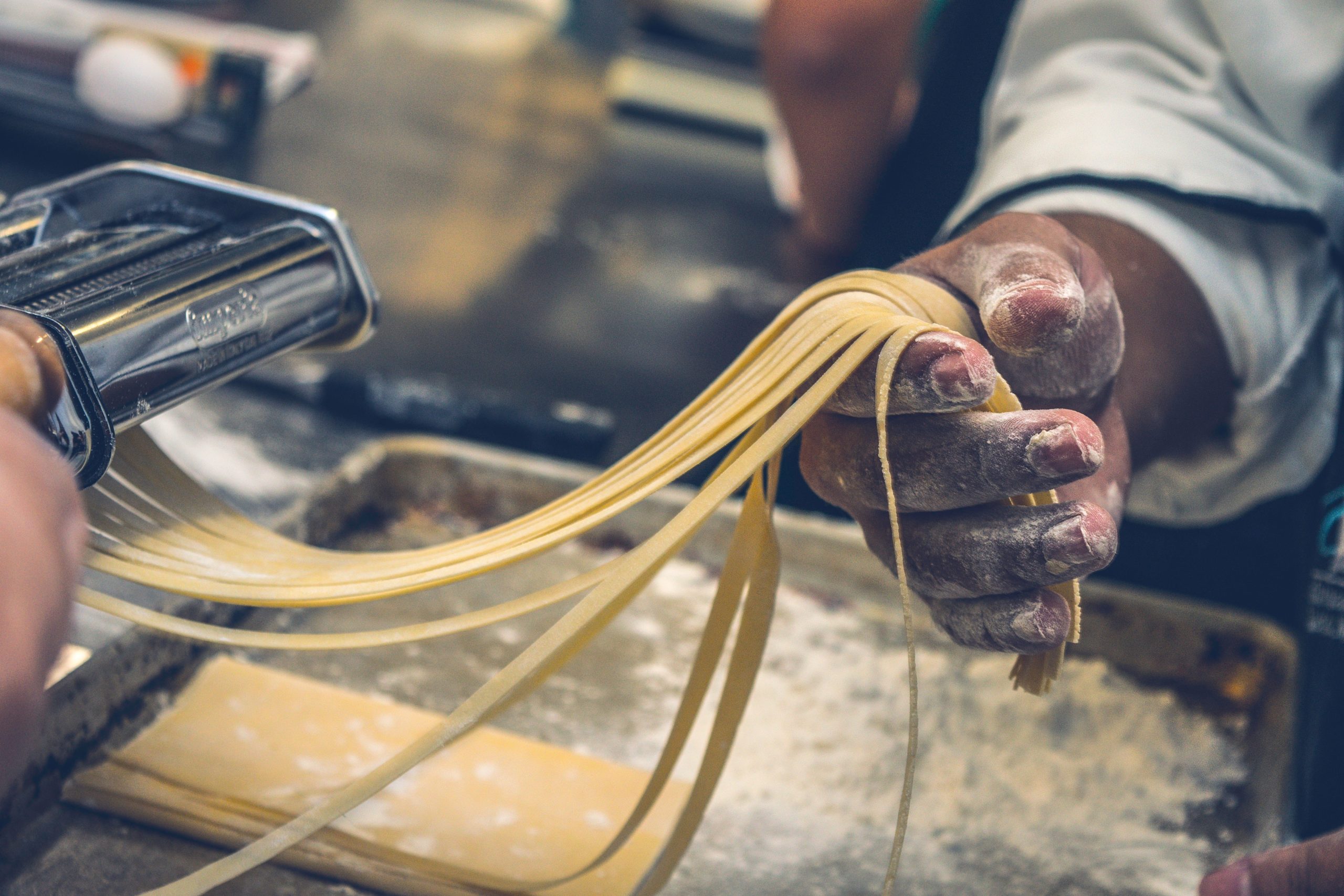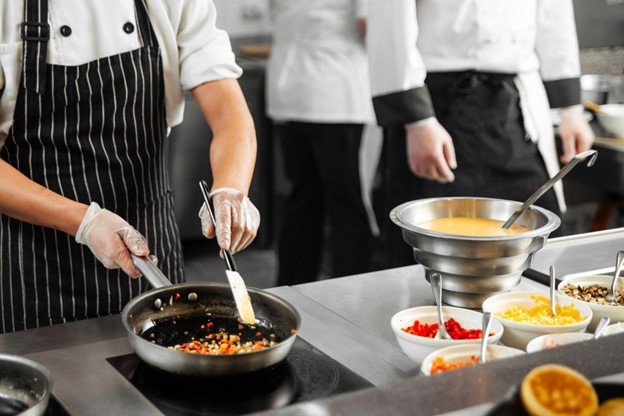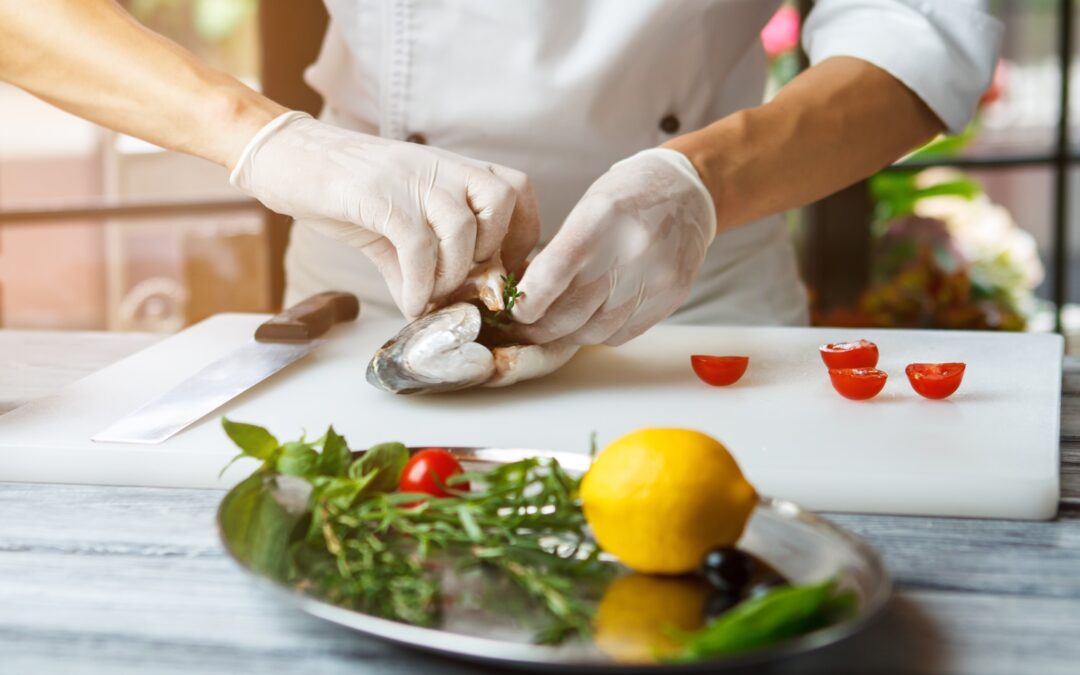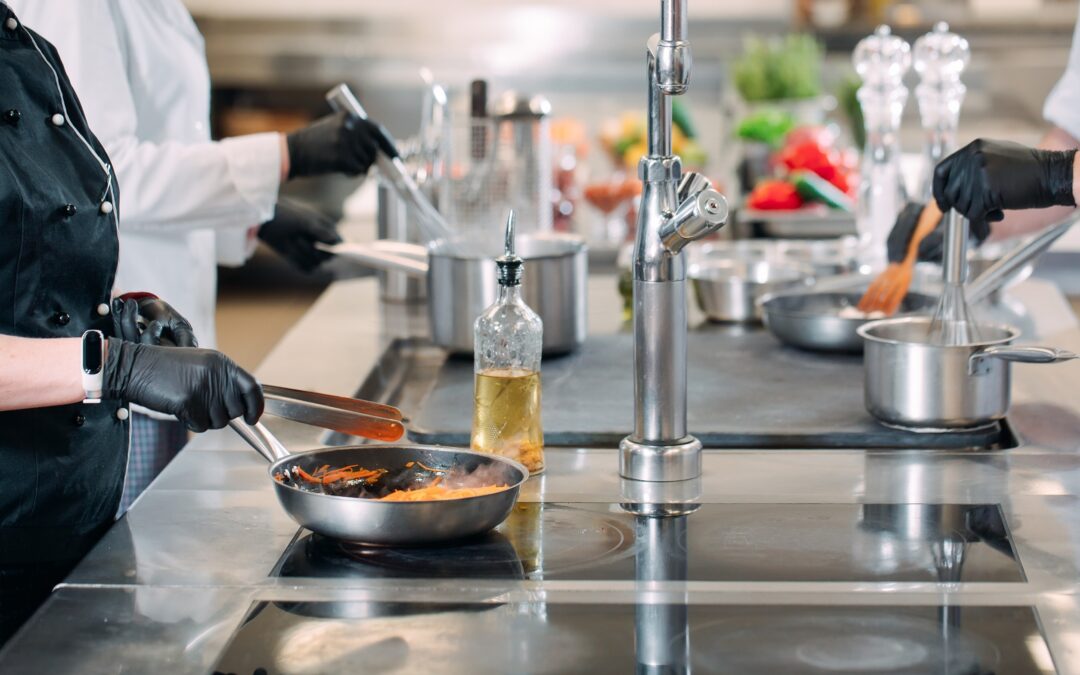Food is one of the most traded products in the world today. With the rapidly growing world population and the globalization of markets, food continues to go through complex supply chains that make it more prone to en route contamination.
According to the Centre for Disease Control, 48 million Americans fall sick, 128,000 get hospitalized and 3000 die from food poisoning. Therefore, food safety is important because it protects consumers from the risk of foodborne illness. Whether you’re a food business owner, food handler or you just enjoy cooking for your family, the importance of food safety knowledge cannot be overstated. Servsafe training provides all the information you need about food safety.
For some people, food safety simply means chucking your leftovers into the refrigerator to cool till the next time you want to make a meal. Nothing could be farther from the truth. Servsafe training, as well as the CDC and the Food Safety and Inspection all, agree that there are four vital steps to keep food safe, regardless of the season of the year.
Clean
It is advised that you should wash your hands in soapy water for at least 20 seconds, before, during, and after the preparation of food. Hand washing ensures that germs that can cause food poisoning do not get transferred into the food.
Cooking utensils, countertops, and cutting boards should also be washed with warm soapy water before and after preparing an item on them. Also, fruits and vegetables should be cleaned by rinsing them under running water. Servsafe training emphasizes how essential proper cleanliness is for food safety.
Separate
Raw foods should always be separated from ready-to-eat foods as they can spread germs to them. Therefore, separate boards should be dedicated to raw meat and seafood. These raw foods should also be separated from all other foods in the refrigerator.
Cook
Cook your food thoroughly at high temperatures to eliminate disease-causing germs. To check if your food has been safely cooked, a food thermometer is advised. Each kind of food is different in cooking times, so do your due diligence and research safe food temperatures before cooking.
Chill
Food spoilage occurs when food is left at room temperature for too long. Therefore, it is advised that food should be chilled in a refrigerator at 40°F or below, or a freezer at 0°F or below. At these temperatures, you can keep food for as long as 12 months and be certain of no spoilage occurring.
All in all, it is crucial that you follow proper food preparation techniques to avoid potentially harmful food contamination. Especially in the service industry, a single food poisoning mistake can cost your business thousands. Incorporate Servsafe training into your training curriculum by giving us a call today.




